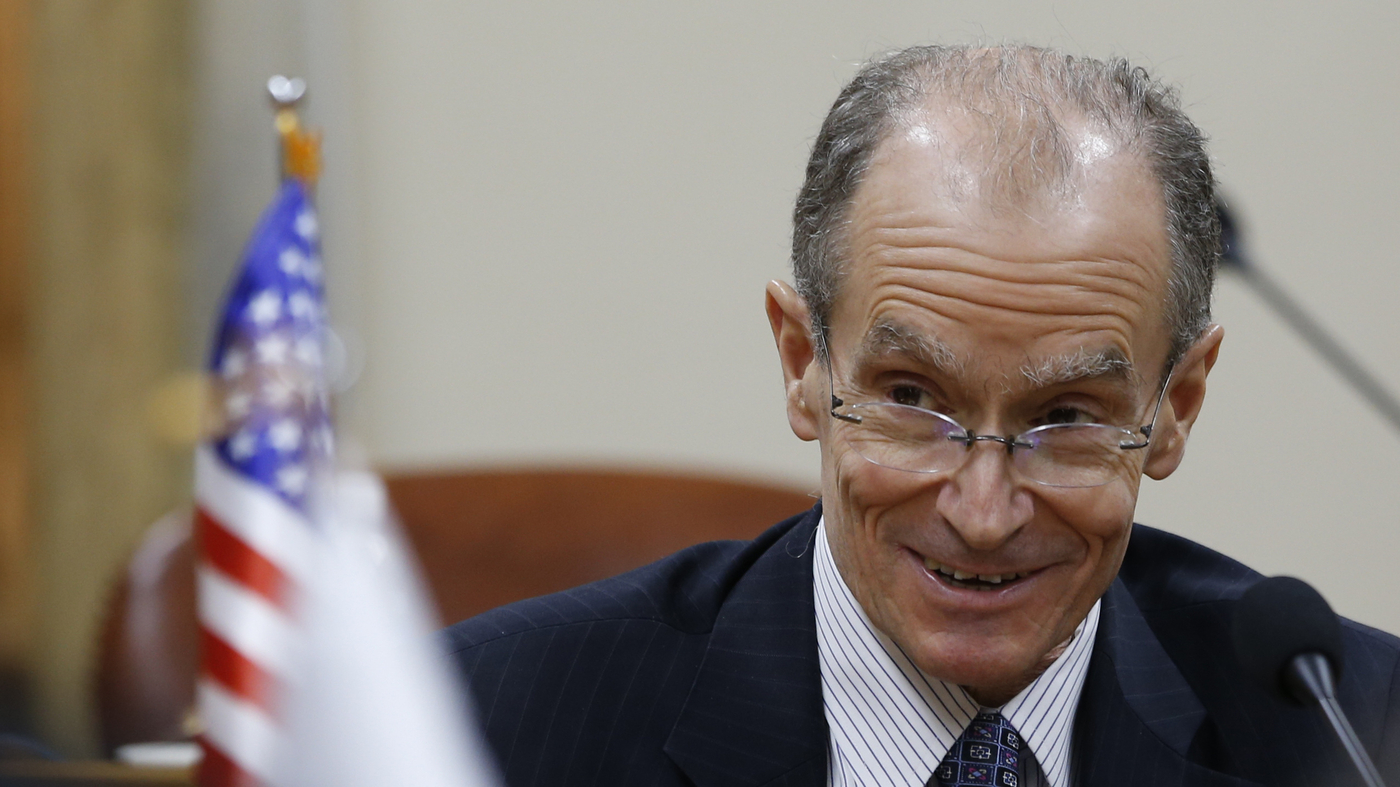UN Resolution Signals Global Unity Against Taliban
The United Nations General Assembly took a bold step on July 7, 2025, by adopting a resolution urging the Taliban to reverse their oppressive measures against women and girls. With an overwhelming 116 nations voting in favor, the resolution stands as a testament to global disapproval of the Taliban’s governing practices. The resolution specifically calls for the protection of human rights and the dismantling of terrorist organizations within Afghanistan, highlighting the dire humanitarian and economic crisis facing the country.
US Rejection of Global Human Rights Standards
In a striking display of isolationism, the United States and its close ally Israel were the only nations to vote against the resolution. U.S. minister-counselor Jonathan Shrier criticized the UN"s push for engagement with the Taliban, claiming it rewards their failures. This stance raises critical questions about the U.S. commitment to human rights and its role in the international community. The Trump administration"s continued efforts to distance itself from multilateral agreements and its recent ban on Afghan refugees seeking asylum only further illustrate a troubling retreat from global humanitarian leadership.

As He Retires, U.S. Diplomat Delivers Message That "Values Have Power ...
Human Rights Violations Demand Urgent Action
The resolution’s emphasis on the Taliban"s “near-total erasure” of women"s and girls" rights is particularly alarming. Since regaining power in 2021, the Taliban has systematically restricted access to education and public life for women, effectively erasing decades of progress. As reported by the UN, millions of Afghan women and girls are now confined to their homes, suffering under an oppressive regime that disregards their basic rights. The international community must not turn a blind eye to this humanitarian catastrophe; the resolution serves as a crucial reminder that these women and girls are not forgotten.
Global Response to Humanitarian Crisis
The resolution also calls for urgent humanitarian assistance and economic recovery in Afghanistan, recognizing the plight of those affected by the Taliban"s policies. It urges donor nations to step up their support for Afghan refugees, particularly highlighting the roles of Iran and Pakistan, who have taken in significant numbers of displaced individuals. This acknowledgment is vital as it emphasizes the shared responsibility of the international community in responding to the crisis.

Afghan women demand rights as Taliban seek recognition | AP News
Implications of Russia"s Recognition of Taliban
Adding to the complexity of the situation, Russia has recently become the first country to formally recognize the Taliban"s government, a significant shift that could embolden the regime. This recognition raises serious concerns about the moral implications of legitimizing a government that has demonstrated a blatant disregard for human rights. As reported by the New York Times, this move may lead other nations to follow suit, potentially undermining the international consensus on human rights standards.
The U.S. response, characterized by a refusal to engage with the Taliban and a focus on punitive measures, risks further isolating Afghanistan and its people. This approach may inadvertently contribute to increased suffering among ordinary Afghans while failing to address the root causes of extremism. It is imperative for the U.S. to reassess its strategies and consider a more nuanced approach that prioritizes human rights and humanitarian aid.


![[Video] Heavy clashes and gunfire reported in Baghdad, Iraq](/_next/image?url=%2Fapi%2Fimage%2Fthumbnails%2Fthumbnail-1768342239932-848qsh-thumbnail.jpg&w=3840&q=75)




![[Video] Gunfire between Iraqi security forces and Sadr militias in Baghdad](/_next/image?url=%2Fapi%2Fimage%2Fthumbnails%2Fthumbnail-1768343508874-4redb-thumbnail.jpg&w=3840&q=75)
